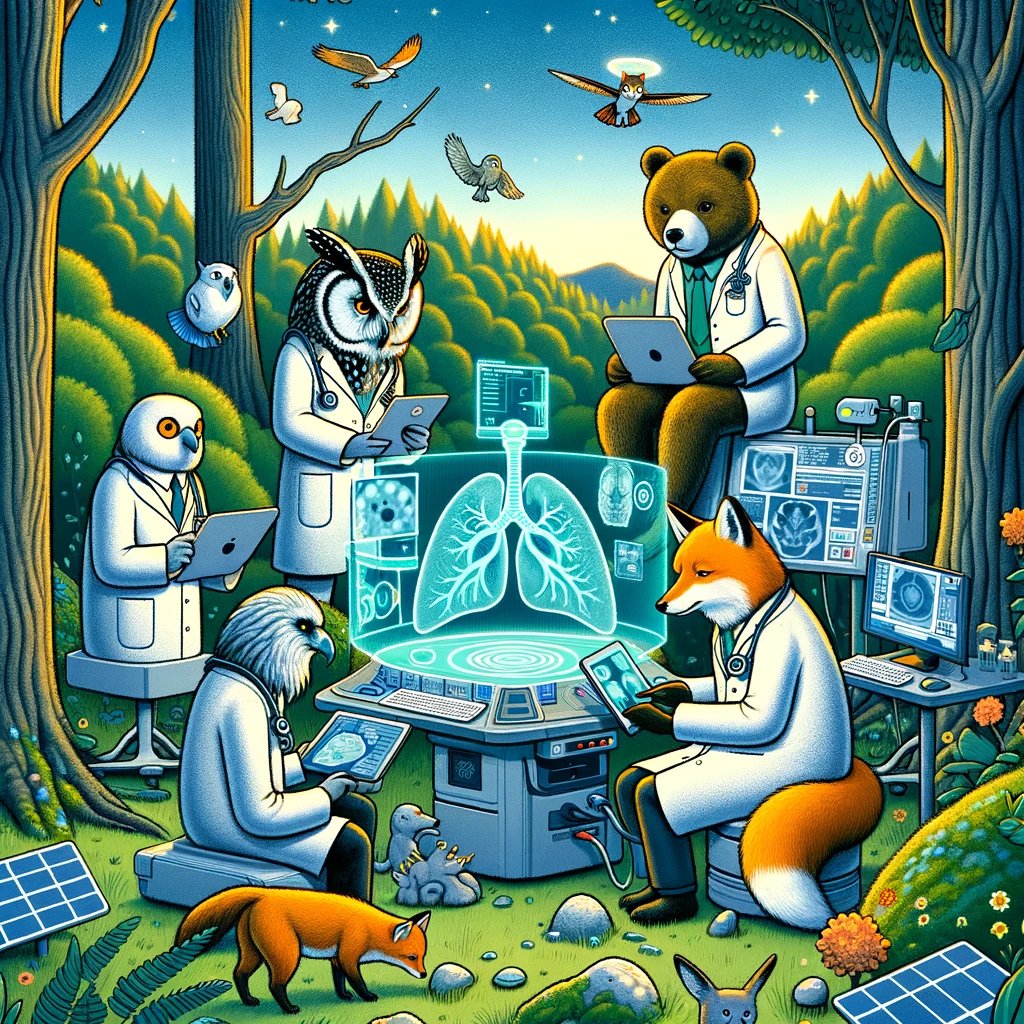How to Become a Radiographer in the UK

Are you interested in a rewarding career in healthcare? Becoming a radiographer might be the perfect path for you. Radiographers play a crucial role in diagnosing and treating illnesses and injuries using imaging technology. In this blog post, we will explore the steps to becoming a radiographer in the UK and provide valuable insights into this exciting profession.
What is a Radiographer?
Radiographers are healthcare professionals who specialize in taking scans of patients to diagnose and treat various medical conditions. There are two main types of radiographers: diagnostic radiographers and therapeutic radiographers. Diagnostic radiographers use imaging technology, such as X-rays, CT scans, and MRI scans, to diagnose diseases and injuries. On the other hand, therapeutic radiographers use radiation to treat diseases like cancer.
Salary and Working Hours
As a radiographer in the UK, you can expect a competitive salary. The starting salary for a radiographer is around £28,000 per year, and experienced radiographers can earn up to £43,000 per year. Working hours typically range from 37 to 40 hours per week, and you may be required to work evenings, weekends, and bank holidays on a rota basis.
How to Become a Radiographer
To become a radiographer in the UK, you will need to complete a degree in radiography. There are several pathways to achieve this:
-
Full-time University Course: You can pursue a full-time degree in radiography at a university. These courses usually take three to four years to complete.
-
Apprenticeship: Another option is to undertake an apprenticeship in radiography. This allows you to gain practical experience while studying for a qualification.
-
Degree Apprenticeship: Some universities offer degree apprenticeships in radiography, which combine work and study. This pathway provides the opportunity to earn a salary while gaining a degree.
Once you have completed your degree, you must register with the Health and Care Professions Council (HCPC) to practice as a radiographer in the UK.
Skills Required
Becoming a successful radiographer requires a range of skills and qualities. Some of the essential skills include:
- Attention to detail: Radiographers must pay close attention to detail when operating imaging equipment and analyzing images.
- Good communication skills: Effective communication is crucial when interacting with patients and collaborating with other healthcare professionals.
- Ability to work under pressure: Radiographers often work in fast-paced environments and must remain calm and focused under pressure.
- Technical skills: Radiographers need to have a good understanding of imaging technology and be proficient in operating equipment.
- Compassion and patience: Radiographers work with patients who may be anxious or in pain, so having empathy and patience is essential.
Day-to-Day Tasks
As a radiographer, your day-to-day tasks may include:
- Preparing patients for scans and explaining the procedure to them.
- Operating imaging equipment and ensuring the quality of the images.
- Analyzing images and reporting findings to other healthcare professionals.
- Collaborating with doctors and specialists to plan treatment for patients.
- Ensuring the safety and comfort of patients during scans.
Career Path and Progression
Becoming a radiographer opens up various opportunities for career progression and specialization. After gaining experience, you can choose to specialize in areas such as MRI, CT scanning, or mammography. There are also opportunities to move into senior roles, such as a team leader or consultant radiographer. Further study and training can lead to roles in research, teaching, or management within the field of radiography.
Related Careers
If you're interested in healthcare but not sure if radiography is the right fit for you, here are some related careers to consider:
- Sonographer
- Orthoptist
- Prosthetist and orthotist
- Operating department practitioner
- Radiography assistant
Additional Support
If you're considering a career as a radiographer but still have questions or need further guidance, the National Careers Service is available to provide support. They offer skills assessment tools to help determine if this career suits you, and advisers are available for consultation via phone or webchat.
In conclusion, becoming a radiographer in the UK is an exciting and rewarding career choice. With the right education, skills, and dedication, you can make a significant impact on patients' lives. If you're passionate about healthcare and enjoy working with advanced technology, consider pursuing a career as a radiographer.
For more information and current opportunities in radiography, including apprenticeships, courses, and job openings near you, visit the National Careers Service website.
Pär Kragsterman, CTO and Co-Founder of Collective Minds Radiology




